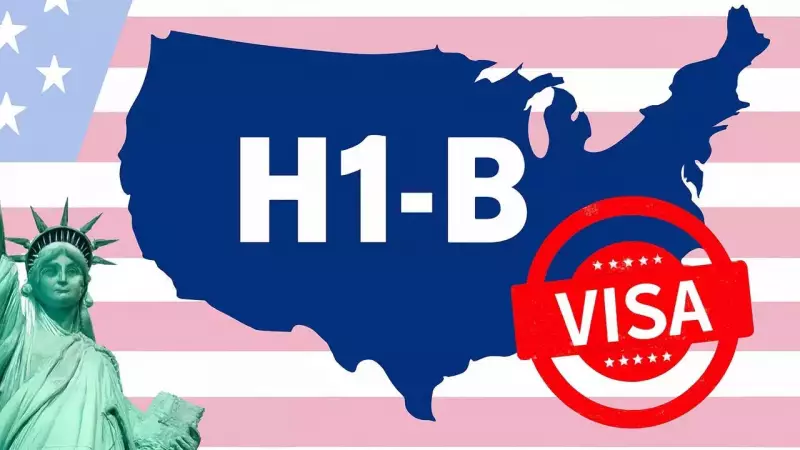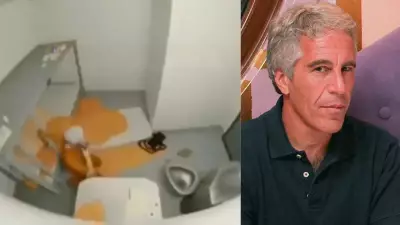
In a significant policy clarification, the Trump administration has announced a strategic repositioning of the H-1B visa program. The new vision, articulated by Treasury Secretary Scott Bessent, aims to use skilled foreign workers as temporary trainers to upskill the American workforce for high-tech roles, marking a shift from the program's traditional use.
A Strategy for 'Knowledge Transfer'
Speaking in a Fox News interview, Secretary Bessent framed the revamped H-1B approach as a direct response to the offshoring of critical industries over the past 20-30 years. He described the new strategy as a 'knowledge transfer' essential for rebuilding America's advanced manufacturing base.
'For 20–30 years, we have offshored precision manufacturing jobs,' Bessent stated. 'We can’t snap our fingers and recreate that overnight. We want to bring the semiconductor industry back to the U.S. There will be big facilities in Arizona.' Under this plan, foreign experts would work in the U.S. for a defined period of 'three, five, or seven years' to train domestic workers before returning to their home countries.
Addressing the Domestic Talent Gap
This new direction aligns with recent comments from President Donald Trump, who acknowledged the continued need to attract specialized foreign talent. When challenged by Fox News host Laura Ingraham that the U.S. has homegrown talent, Trump firmly disagreed.
'No, you don’t. No, you don’t. You don’t have, you don’t have certain talents, and people have to learn!' Trump said. 'You can’t take people off an unemployment line and say I’m gonna put you into a factory where we’re gonna make missiles.'
Echoing this, Bessent directly addressed concerns that the H-1B program could displace American workers. He countered that the domestic talent pool is currently unprepared to meet the demands of high-tech manufacturing. 'An American can’t have that job — not yet,' he asserted. 'We haven’t built ships or semiconductors here for years. Overseas partners coming in, teaching American workers — that’s a home run.'
Broader Push for Industrial Repatriation
The overhaul of the H-1B visa program is not an isolated move. According to Bessent, it is a key component of President Trump's broader economic agenda. This agenda focuses on repatriating critical industries, reducing reliance on foreign imports, and strategically rebuilding the nation's manufacturing capacity from within.
The H-1B visa, which allows American companies to hire highly skilled foreign workers for up to six years, is now being explicitly positioned as a bridge to a more self-reliant American industrial future, rather than a permanent immigration pathway.





